2021-05-25 09:52
New due Diligence Tool Aims to Help Businesses Uphold to Protect Human Rights
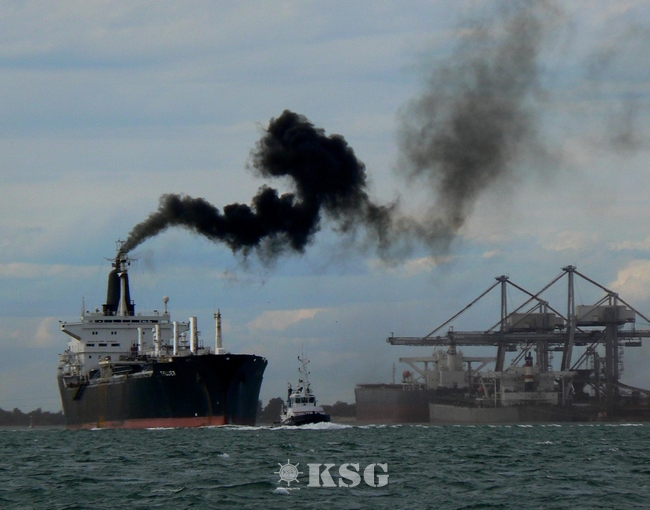
A wide-ranging set of guidance has been issued to help enterprises using shipping services to protect the human rights of seafarers, as hundred of thousands are still stranded on ships due to COVID-19 imposed travel restrictions. The Human Rights Due Diligence Tool is a joint initiative of the UN Global Compact (UNGC), the Office of the High Commissioner for Human Rights (UN Human Rights), the International Labour Organization (ILO) and the International Maritime Organization (IMO).
The Due Diligence Tool for cargo owners and charterers has been issued amid concerns that the number of crew stranded at sea by COVID-19 restrictions could surge from the current level of 200,000, potentially returning to the peak of 400,000 seafarers at the height of the crew change crisis in September 2020. UN agencies hope the new guidance will help ensure that the working conditions and human rights of seafarers are respected and comply with international standards.
The new guidance aims to ensure that seafarers have their rights safeguarded in areas such as physical and mental health, access to family life and freedom of movement. Whilst recognizing the importance of the maritime industry in transporting more than 80% of global trade goods, UN agencies have expressed concern at reports of seafarers working beyond the 11-month maximum period of service on board set out by the ILO Maritime Labour Convention (MLC).
The UN agencies have also expressed strong concern at reports that companies engaged in international trade are avoiding chartering vessels where a crew change is due, with some demanding "no crew change" clauses in charter party agreements, preventing needed crew changeovers and adding further pressure on the maritime industry. Under the UN Guiding Principles on Business and Human Rights (UNGPs), companies engaged with the maritime industry have a distinct responsibility to respect the human rights of seafarers as workers along their value chain.
Welcoming the new tool, IMO Secretary-General Kitack Lim said: “Seafarers are at the heart of the global supply chain. They are also at the mercy of COVID-19 restrictions on travel and transit. This has led to hundreds of thousands of seafarers being denied repatriation, crew changes, shore leave and ultimately being forced to stay working on ships long beyond their contracts. It is incumbent on everyone involved with shipping, across the entire supply and logistics chain, to ensure seafarers rights are protected.
This tool is an important step forward, providing a practical approach for cargo owners, charterers and logistic providers to consider the human rights of seafarers and ensure they are put first and foremost as they work to deliver the goods that people need and want.” The tool provides guidance and a checklist for cargo owners, charterers and logistic providers to conduct human rights due diligence across their supply chains to identify, prevent, mitigate and address adverse human rights impacts for seafarers impacted by the ongoing COVID-19 crisis.
< Korea Shipping Gazette >
많이 본 기사
- ‘부산 환적·광양 수출입’ 컨물동량 1%대 성장한국해양교통안전공단 이사장 공개 모집태웅로직스, 이천 풀필먼트센터 구축…이커머스 물류 진출부산항 컨테이너 물동량 2488만TEU…최대치 경신국제물류협회, 마이스터고 대상 ‘영마이스터 물류캠프’ 운영“한국해운 80년 역사 담았다” 해운역사기념관 개관‘컨선·LNG운반선 덕’ 선박수출액 8년만에 300억弗 돌파기고/ 선박건조계약상 하자보증시 면책조항의 해석해수부 신임 해사안전국장에 이수호 국장 임명엑소텍, 프랑스서 물류 자동화 행사 ‘엑소서밋 2026’ 개최
- 인천항만공사, 인공지능 기반 혁신 우수사례 발굴 주력스위스 MSC, 부산-지중해 항로 개편…운송시간 단축인사/ 국립목포해양대학교인사/ 해양수산부지난해 中-유럽 정기화물열차 317만TEU 운송…전년比 8%↑부산신항만, 에너지 취약계층 지원 성금 전달MSC Highlights Expanded Intermodal Solutions Across AfricaHainan FTP's First Month of Island-Wide Special Customs Operations B...싱가포르항공, 싱가포르-리야드 직항 노선 신설팬스타그룹, 밸런타인·화이트데이·설연휴에 테마 크루즈 운영
스케줄 많이 검색한 항구





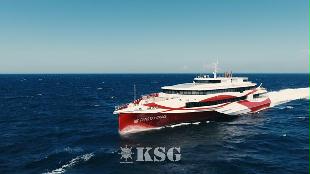
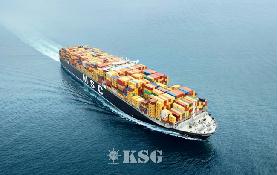
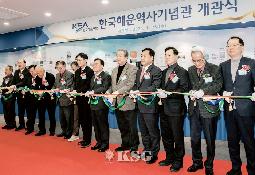




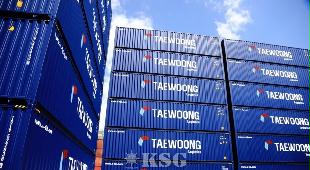
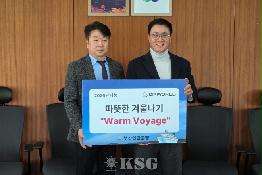
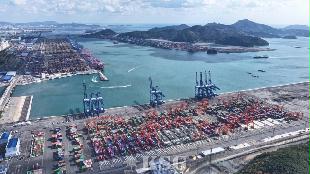

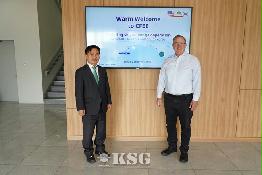
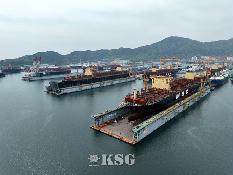
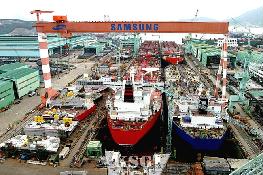

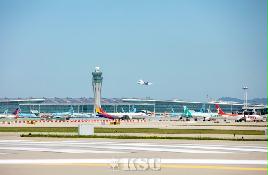

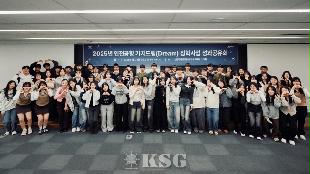
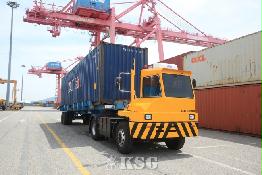





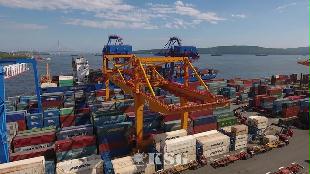
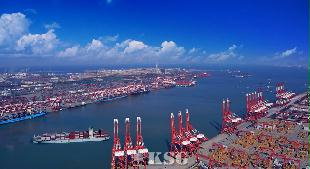
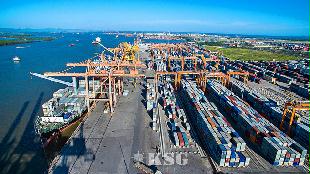
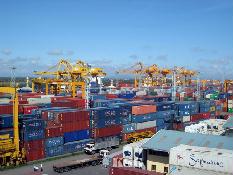





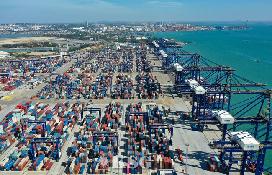

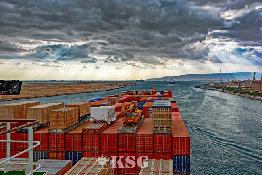























0/250
확인